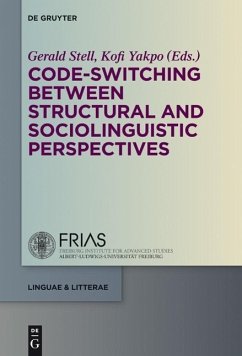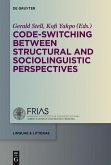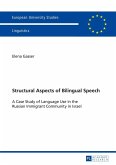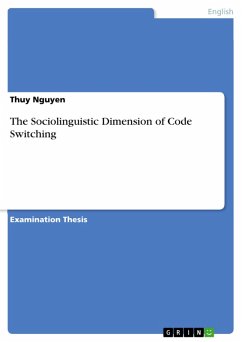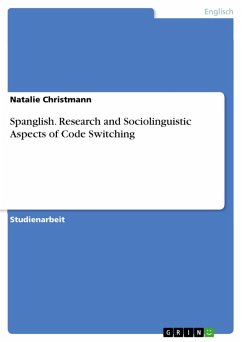The study of code-switching has been carried out from linguistic, psycholinguistic, and sociolinguistic perspectives, largely in isolation from each other. This volume attempts to unite these three research strands by placing at the centre of the enquiry the role played by social factors in the occurrence, forms, and outcomes of code-switching.
The contributions in this volume are divided into three parts: "code-switching between cognition and socio-pragmatics", "multilingual interaction and identity", and "code-switching and social structure". The case studies represent contact settings on five continents and feature languages with diverse linguistic affiliations. They are predictive and descriptive in their research goals and rely on experimental or naturalistic data. But they share the common goal of seeking to explain how social structures, ideologies, and identity impact on the grammatical and conversational features of code-switching and language mixing, and on the emergence of mixed languages.
Given its scope, this volume is a significant addition to the empirical and theoretical foundations of the study of code-switching. It is also of relevance to the general debate on the inter-relationships between language and society.
Dieser Download kann aus rechtlichen Gründen nur mit Rechnungsadresse in A, B, BG, CY, CZ, D, DK, EW, E, FIN, F, GR, HR, H, IRL, I, LT, L, LR, M, NL, PL, P, R, S, SLO, SK ausgeliefert werden.

